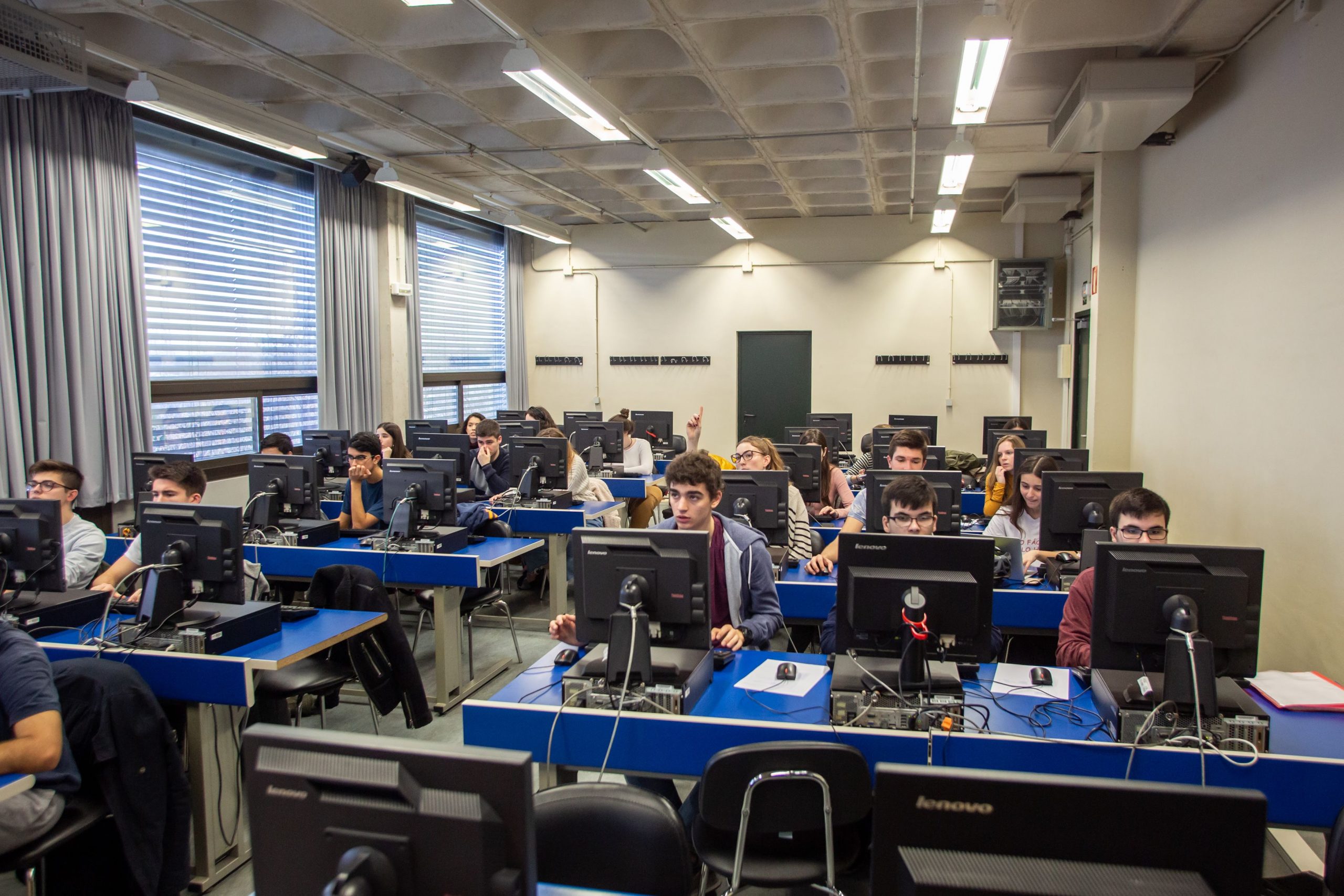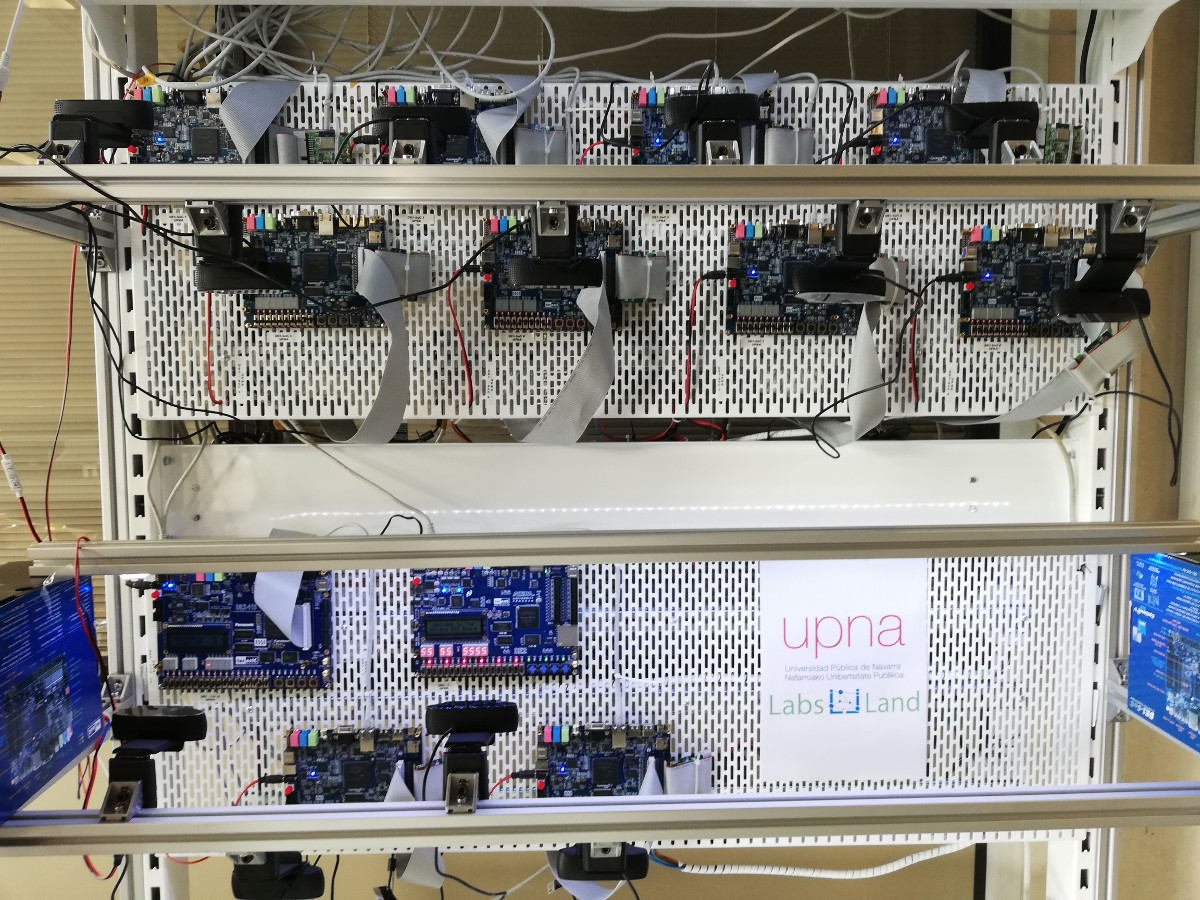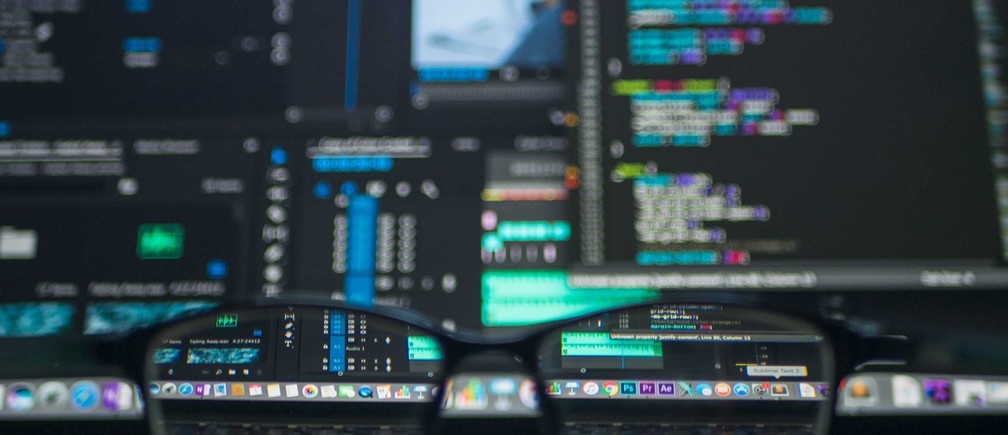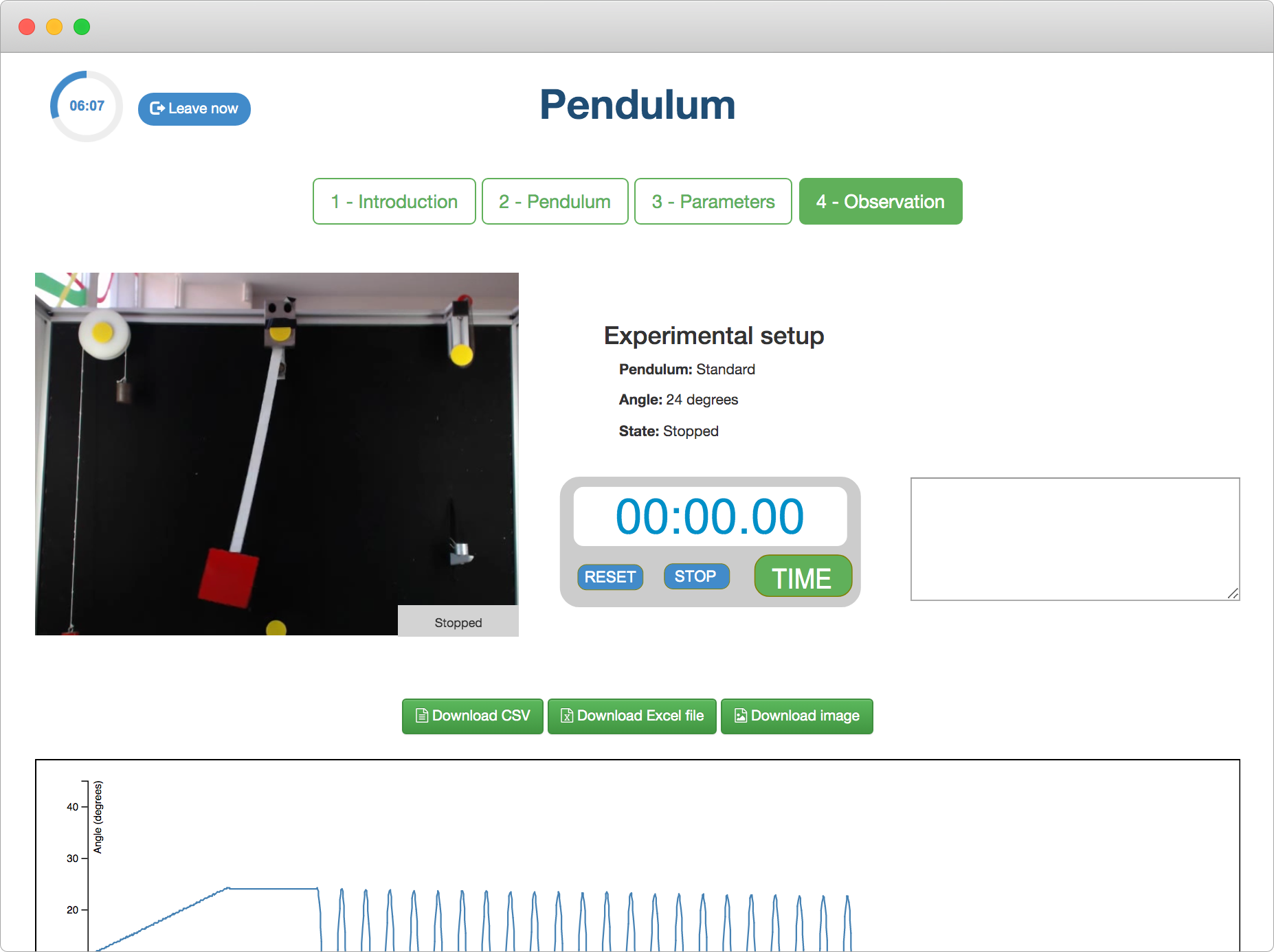Online access to real labs
A remote laboratory is a technological tool, made up of software and hardware, that allows instructors and students to carry out their practices through the Internet as if they were in a traditional laboratory. Users visualize and control the resources available in a laboratory through the use of sensors and instrumentation that allow interaction with real equipment instead of using simulations and without requiring physical presence in the laboratory.
Remote labs, unlike simulations, give us access to real equipment. Sensors transmit the information collected at each moment of observation from the physical place of experimentation to each of the terminals connected at each moment. Users can therefore become familiar with interfaces that correspond to real equipment that they operate remotely.
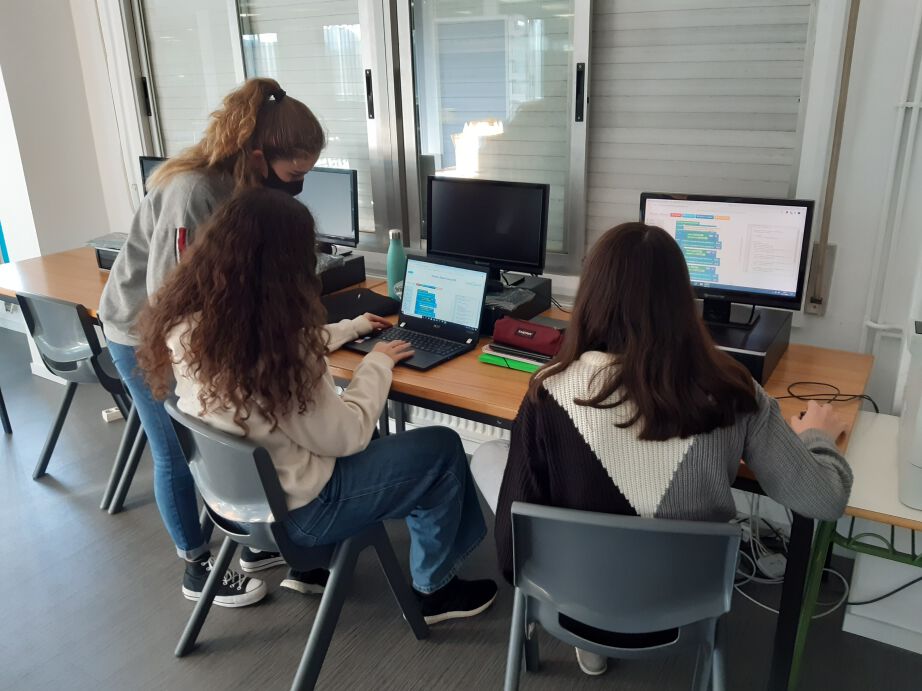
A remarkable advantage of remote laboratories is the breaking of space-time limits, as they do not require the physical presence of the user in the laboratory. In this way, laboratories are available beyond school hours or scheduled face-to-face practices, which allows students to increase the number of hours of practice, an essential requirement for learning in scientific-technological subjects.
Due to their practical nature, remote laboratories match the introduction of active methodologies, especially inquiry-based learning, while promoting learning autonomy, by not requiring concurrence with the teacher.
Another aspect to highlight is the possibility of repeating the same practice or carrying out variations on the initial practice according to the needs and interests of the students, contributing to personalized learning and respecting the individual needs of each user.
No less important is the contribution of remote laboratories to sustainability. The same laboratory can provide service twenty-four hours a day to instructors and students located anywhere in the world, without the need to reproduce the same facilities in each educational institution.
The need to teach remotely derived from the pandemic and the massive implementation of e-learning systems, even for face-to-face teaching, has led to the implementation of the use of remote laboratories not only in engineering courses but also in formal education. Its expansion has only just begun and in the coming years we will see its effects on education

